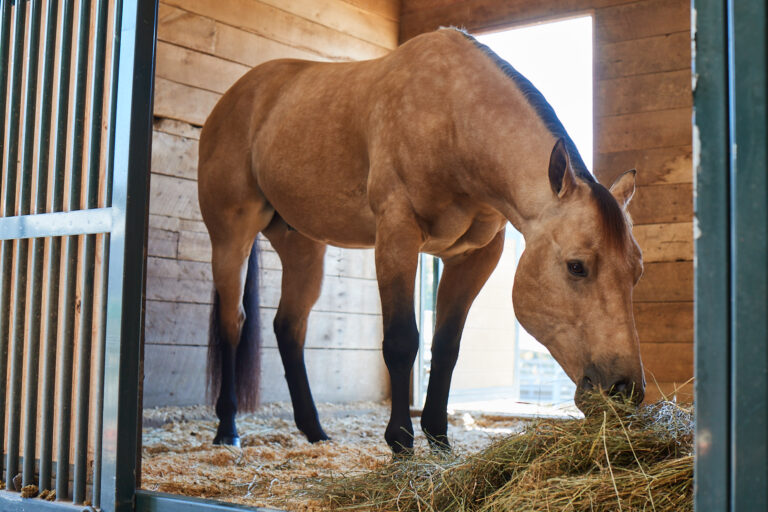
To have a more balanced life as an equine veterinarian, you must be able to set effective boundaries that can withstand others trying to cross them. This requires being able to say “no.” The phrase “No is a complete sentence” supports the idea that no one is obligated to give a reason for saying no. Two-year-old children seem to have no problem trotting out their refusal to follow requests and commands, but adults often struggle.
“People Pleasers”
One of the reasons saying no might be difficult for some people is because they are “people pleasers.” People in the helping professions are often of this personality type. A “people pleaser” personality means a person feels a strong urge to please others, even at their own expense. They might feel that their wants and needs do not matter as much as those of others.
Making a thoughtful and intentional choice to do favors for others is not easy for someone with this tendency, because they will find it hard to say no. They might agree to do things that they actually do not want to do or are not able to do. A person with a strong urge to please might feel they are obligated to be whatever others want them to be. They might cover up how they really feel and agree to many requests that they actually have no wish to do.
“People pleasers” temporarily feel good when they please someone, but the positive feeling can turn to resentment. In order to feel loved or accepted, they feel they need to keep doing things for others, as though they have no value except by being useful to others. Because humans have a strong need to belong, we don’t like to disappoint others or create conflict, but when we consistently put others’ needs before our own, the balance has tipped too far.
People Pleasing Characteristics
You might recognize some people pleasing characteristics in the following list:
- Saying “no” to requests is difficult or causes guilt
- Overcommits to extra work or projects
- Avoids asking for help for his/her own needs
- Avoids voicing his/her opinion, opposition or disagreement
- Would rather say “yes” than have an uncomfortable conversation
- Often frustrated by not having time for his/her self and his/her own needs
- Feels his/her needs or desires come behind other people’s needs and desires
- Feels guilty if he/she says “no”
- Sometimes feels angry or resentful at others’ requests but complies
For some adults, the inability to say no stems from their childhood. From an early age, some children are taught to be polite and obedient. For instance, if a parent or teacher asked a child to do something, saying no was interpreted as disobedience or disrespect, and refusing an adult meant punishment or negative reinforcement. Being raised to believe that saying no is bad makes it difficult for children to communicate their preferences and makes them more vulnerable to being sexually abused. Having the tendency to put the needs of others first can also occur because of trauma, social anxiety, conflict avoidance, low self-esteem, impostor syndrome or even cultural heritage, but with practice, you can change this behavior.
Changing People Pleasing Tendencies
Change starts with small steps. For example, declining a request that is minimal and made by an acquaintance rather than by someone important to your life is a good first effort. Another tactic is to say, “I’ll need some time to think about that” or “I’ll need to check my calendar.” By not reflexively agreeing immediately, you give yourself time to reflect on whether you truly want to say “yes.”
By setting some limits on what you are willing to do, you start to establish boundaries. For example, if asked to cover on-call duty for a colleague with little notice for a social event they were invited to, you might say, “I’d be happy to cover for you until 10 p.m. but not overnight.” In order to free up time to put your own plans first, consider blocking off time in your calendar every week for things important to you such as exercise, riding your horse, going to your son’s Little League game or going out with friends. Practice a conversation where you’ll put your own needs first.
You do not have to say “I’m sorry,” although that might seem most polite. You can even write a script and practice in the mirror or with a friend. Becoming comfortable saying the words will set you on your way.
Learning to say “no” is an important skill for your health and well-being. Your time and energy are precious resources that you need to preserve a portion of for your own needs. You can keep the relationships in your life strong by setting boundaries and respecting others’ boundaries.









